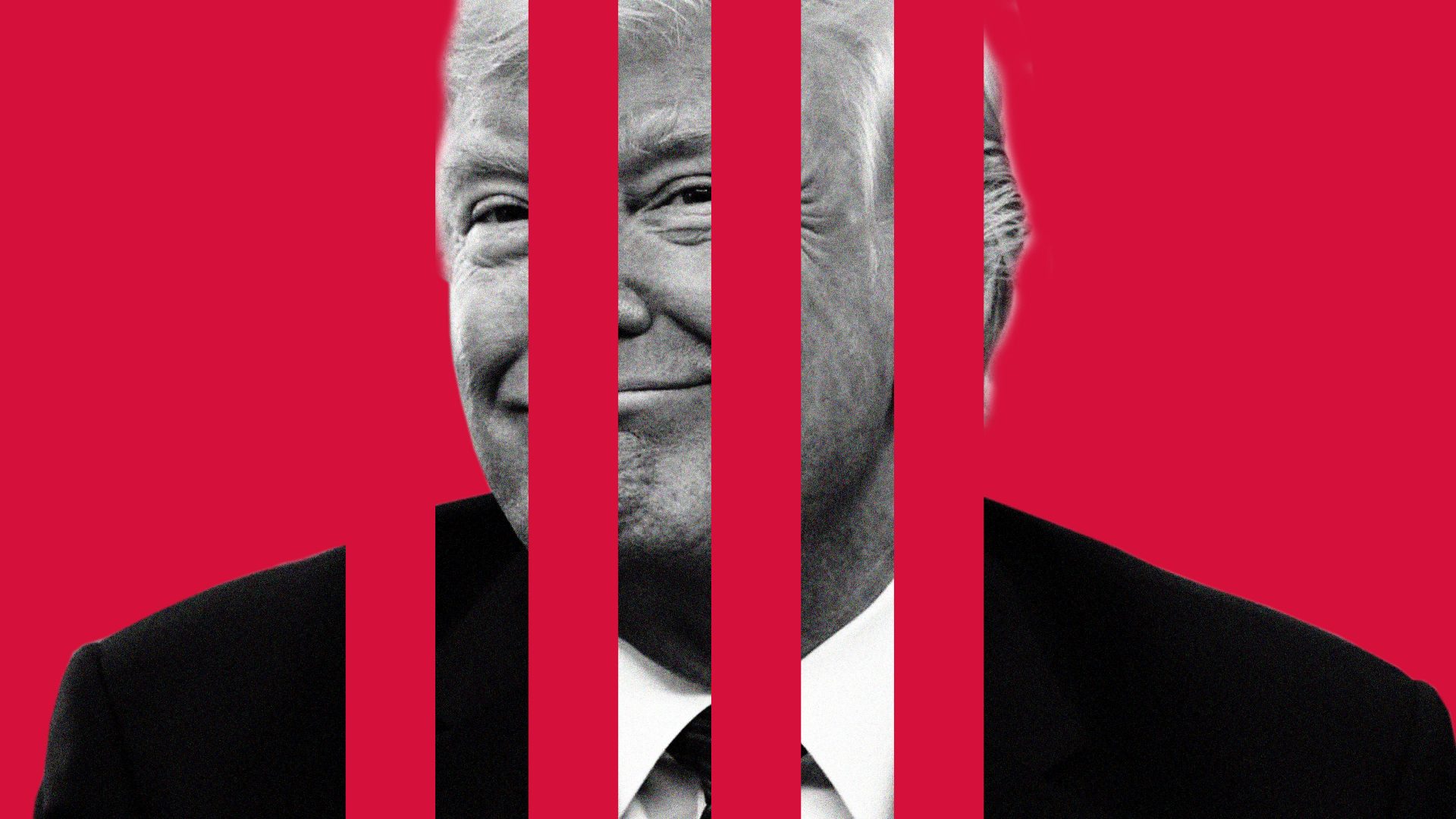Courtrooms tend to be uncomfortable territory for even the most consummate of bullshitters. Out in the world, they have a huge array of tools to derail almost any scrutiny and turn it to their advantage – arguing their critics are malign, misguided, or don’t get it, or unleashing supporters to come to their defence. Out in the world, narratives are easy to shape.
The strict rules and requirements of court are very different, as one-time crypto wunderkind Sam Bankman-Fried – the man who became a multi-billionaire and lost it all by 30 – is learning to his discomfort in these last few weeks.
The prosecution has concluded its case, with devastating testimony from several of his former colleagues. Bankman-Fried’s team say he still plans to take the stand himself for his defence, but almost every lawyer commenting in the media thinks that would be a terrible idea. Judges aren’t easily impressed by smooth talk.
If former president Donald Trump is following Bankman-Fried’s case, he must be getting quite worried. Trump faces multiple different criminal cases in multiple different jurisdictions – but they all have one thing in common: each of them is looking increasingly worse for him.
Trump’s problem is that several of his former lawyers – particularly those that participated in his attempt to overturn the 2020 election – are starting to take plea deals that will require them to testify against Trump when his cases reach court.
The latest legal team trying to help Trump had two best hopes. One was that the cases could be kept so complicated, with so many possible defendants and so many moving parts, that the dates would have to keep being delayed, ideally until after the 2024 election date. Should Trump win, he could probably make the federal cases go away – and for a state court to try to convict a serving president would be extremely complex.
Their other hope was that the complexity of the cases would help move Trump’s general style into the courtroom. If they could make everything confusing enough, the chances of a conviction “beyond reasonable doubt” fall. The more defendants against whom the prosecution has to prove its case, the harder the task becomes.
That makes former allies turning on the president a multi-part blow. If nothing else, it makes the cases simpler – meaning they will be easier to schedule and the prosecution can tell a simpler story. There is then the obvious fact that insiders who know what the president said and when will be required to say what they know in court, or else lose their deals for lenient sentencing.
Donald Trump is nearly 80 years old, and has never once had to deal with the consequences of his own actions. As a result, he may not see that this time, at last, the walls actually do seem to be closing in.
There is no deus ex machina here – because each of several distinct cases are starting to look less favourable for him, even a lucky result in one or two would not get the president off scot-free.
For any other client, lawyers would probably be floating the possibility of approaching prosecutors to see what plea bargains might be on offer. If Trump’s latest lawyers – he tends to go through them quite rapidly – approach him with that, it will be an interesting internal battle. Will Trump’s sense of self-preservation be able to beat his ego and his desire for a fight?
Perhaps depressingly, none of this is likely to impact Trump’s electoral chances. He still has about a 50/50 chance – a coin toss – of becoming America’s next president. To say all of this is absurd is a given, of course, but at this point, what isn’t?










